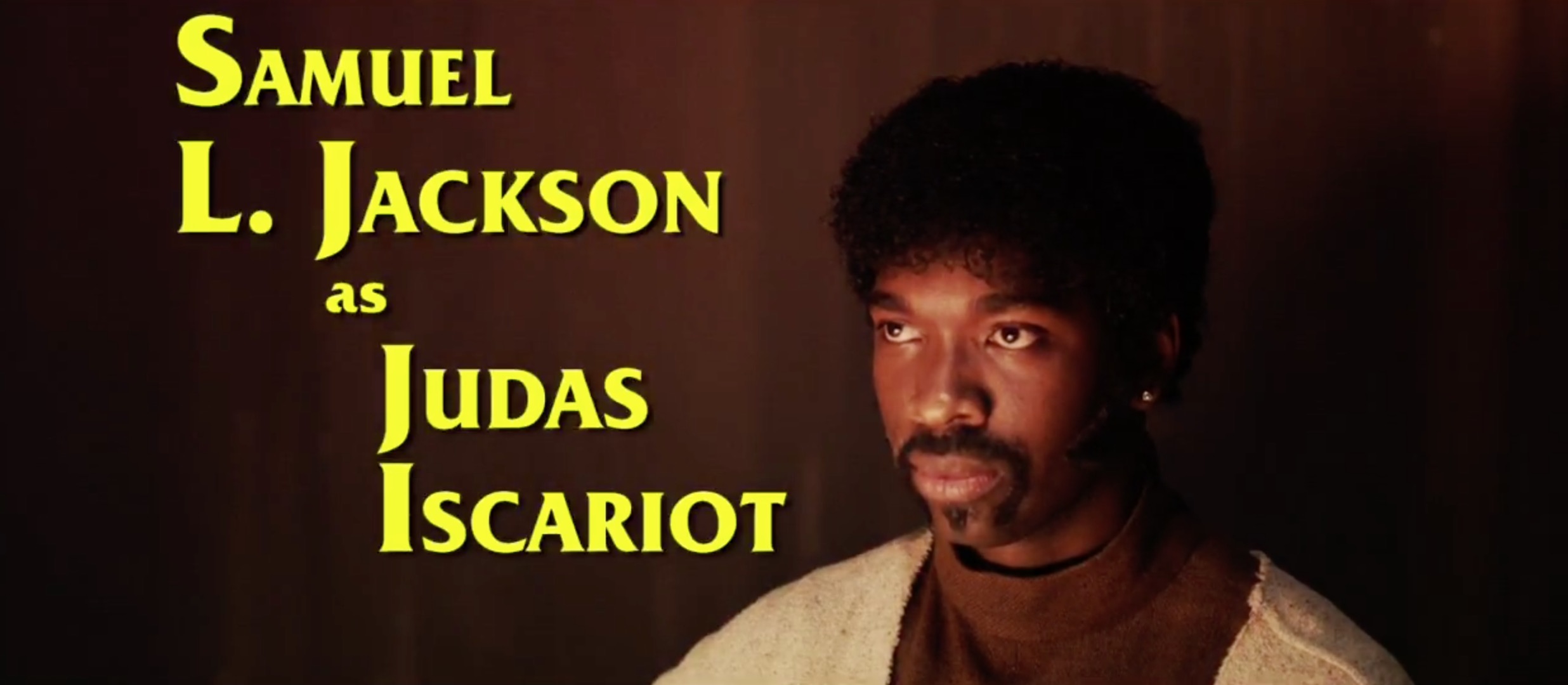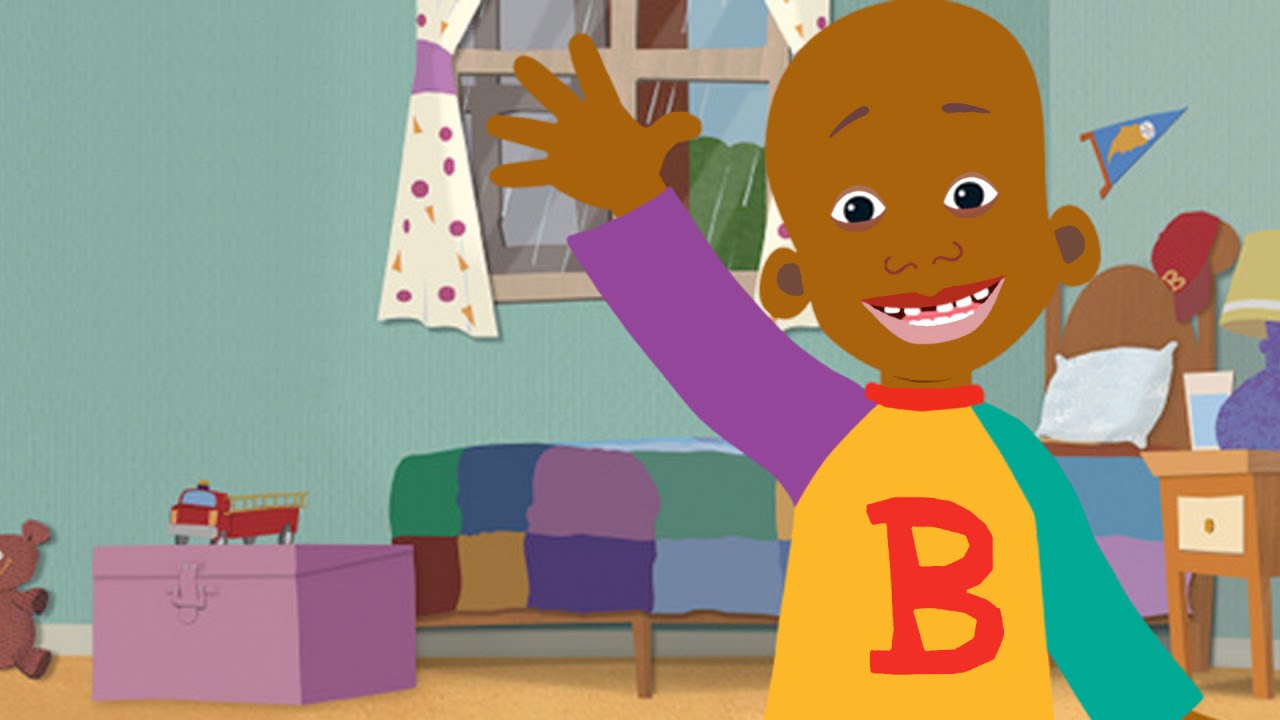Have you ever been told that there are specific words one cannot say on television? Such as shit or fuck? This actually is not the case. The Federal Communications Commission (FCC) oversees the regulation of US airwaves for TV and Radio, and they have never come out with a specific list of words that cannot be said. FCC does ban profane speech, but defined as speech so offensive it becomes a nuisance. This definition is vague and broad, and frustrates a number broadcasters and artists alike. Many of which feel their First Amendment rights are being ignored.
The actual idea of a set list of words one cannot say on the air comes from comedian, George Carlin. In 1972, he released an album of stand-up containing a monologue called “Seven Words You Can Never Say on Television.” The piece was designed to poke fun at the regulations set on artists after people were actually arrested for using what has been considered profane language in their performances. The seven words he included in his monologue were: shit, piss, fuck, cunt, cocksucker, motherfucker and tits. After performing this piece in Milwaukee, Carlin, himself, was arrested for “disturbing the peace.” This, however, did not stop him from including a similar monologue titled “Filthy Words” on his next stand-up album. It used the same seven words, and discussed similar themes as the first monologue.
WBAI, a Pacifica station, broadcasted “Filthy Words” on the air completely uncensored. The FCC received a complaint from a parent who believed the piece was too indecent for the time of day it was aired because his child was around to hear it. As a result, the FCC issued an order against the WBAI stating that if any more complaints were received, the FCC would then decide to pursue any sanctions awarded to them by Congress against the WBAI. The WBAI appealed this decision, and had the results overturned due the vague and broadness of the definition for profane language provided by the FCC. The FCC appealed this new decision to the Supreme Court. The Supreme Court ruled in favor of the FCC, but only to the scope of the piece “Filthy Words,” that brought up the controversy in the first place.
Since then the only regulation put in place is to allow “indecency” after the hour of 10 p.m. and before the hour of 6 a.m. when kids are typically in bed. The FCC has not introduced a formal list as to what is considered profane or indecent. Most broadcasting networks avoid the words in Carlin’s piece because it assumed that the FCC considers these words profane and indecent due to actions they took when the WBAI broadcasted them. This means, Carlin’s comedic piece is to be considered the only specifically defined list of profane words out there.
But the real question is, how is any of this fair? Should artists be censored for the words they choose? Is this a break of their First amendment rights? Who gets to decide what words are indecent? Is this vague definition of profane language by the FCC a break in their Fifth Amendment rights because they don’t know what specific things they say could incriminate them? And after all, isn’t profanity just a bunch of words when it comes down to it? Isn’t it the context the word is used in what truly matters? As Carlin says, “These words have no power. We give them this power by refusing to be free and easy with them. We give them great power over us. They really, in themselves, have no power. It’s the thrust of the sentence that makes them either good or bad.” (2004)
Just something to think about the next time you hear a bleep on the television or the radio.
References
Carlin, George (November 1, 2004). “Comedian and Actor George Carlin”. National Public Radio (Interview). Interview with Terry Gross.







